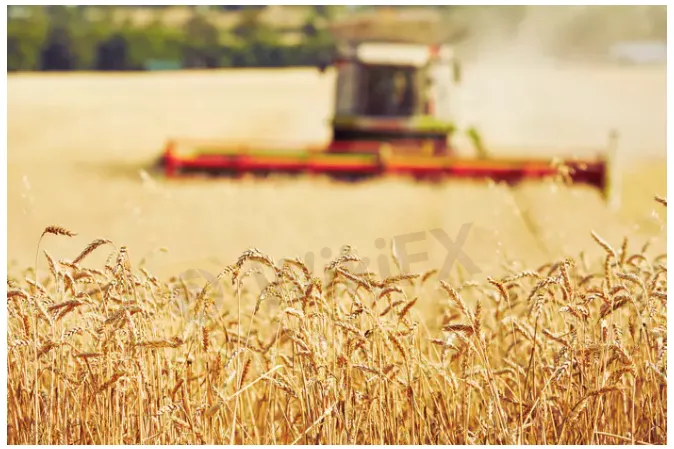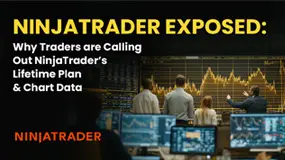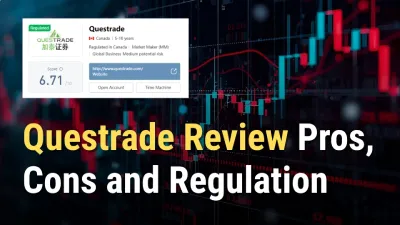简体中文
繁體中文
English
Pусский
日本語
ภาษาไทย
Tiếng Việt
Bahasa Indonesia
Español
हिन्दी
Filippiiniläinen
Français
Deutsch
Português
Türkçe
한국어
العربية
Africa, War in Ukraine: Food Inflation Clouds External and Fiscal Outlook, Raises Social Risks
Abstract:Rising food prices due to Russias war in Ukraine may have long-lasting economic, fiscal, and social consequences for many African countries, exacerbating structural challenges for governments still burdened with the cost of the Covid pandemic.

Food prices have skyrocketed following Russia‘s further invasion of Ukraine, with the war and sanctions disrupting agriculture in the two countries, which are among the world’s largest exporters of wheat. African countries are particularly exposed as Russia and Ukraine account for around 40% of Africas total wheat imports (Figure 1), with few alternative suppliers able to substitute such quantities quickly.
Not only is the near-term disruption of agriculture from international sanctions on Russia and retaliation from Vladimir Putin‘s government a source of concern, but there is uncertainty around how long sanctions will remain in place. As for the Ukraine, the war may result in long-run damage to the country’s capacity to grow and export wheat. African countries will likely have to diversify sources of supply and reorganise trade relations, pushing up transaction costs even as grain prices rise as countries compete for more limited supply.

Egypt, DRC especially at risk; Côte dIvoire, Angola much less exposed
Based on their share of wheat imports from Russia and Ukraine, countries such as Egypt (80% of total) and Democratic Republic of the Congo (60%) are particularly at risk, whereas Côte dIvoire (20%) and Angola (10%) are much less exposed to disruption of food supply (Figure 2). Countries that have accumulated stocks representing a higher share of yearly consumption are as well less vulnerable.
Such readjustment requires time, forcing African countries to draw down existing stocks in the short run. Wheat carryover stocks stood at around 280m tons, according to the International Grains Council, which is more than one third of yearly aggregate production. Yet, stocks are held by a few countries, among which are China (50% of total), India (10%) and the United States (6%), according to the US Department of Agriculture.
We expect most African countries reliant on Russian and Ukrainian imports to subsidise households and businesses facing higher food and energy prices, weighing on public finances already weakened by the Covid-19 crisis. Higher current expenditure could come at expense of investment spending, hampering countries progress in the diversification towards higher value-added production.
Figure 2. Africa, wheat suppliers: unequal vulnerability to disruptions
Wheat imports from Russia and Ukraine (%); level of stocks compared with domestic consumption (%)

Higher commodity prices also constitute an important social risk for African nations
Beyond the economic and fiscal costs, higher commodity prices also constitute an important social risk for African countries and exacerbate already high levels of food insecurity and hunger. More than 50% of Africas people do not know where their next meal is coming from, a trend worsening over recent years.
Rapidly rising prices of essential goods, worsening hunger and threat of widespread famine could result in greater political and institutional instability in the region, especially in view of more than 15 national elections scheduled across the continent in 2022, according to the Institute for Security Studies. Burkina Faso, the Democratic Republic of the Congo and South Sudan have recently faced or face famine or situations close to famine, according to the UN.
Short-run pressure due to the war in Ukraine come on top of long-run challenges related to limited capacity to raise local agricultural output. Under this context, food scarcity and its economic, fiscal and social implications could become an even more important credit challenge concerning African countries.
For this reason, financial assistance from international financial institutions, potentially through emergency funding, may be needed to cushion the blow. The African Development Bank recently announced a USD 1bn plan to relieve consequences of higher wheat prices, while the EU has signalled an intent to reassess its Africa strategy. The IMF is reportedly under discussion with Egypt, the worlds largest wheat importer, on possible financing sources.
For a look at all of todays economic events, check out our economic calendar.
Thomas Gillet is an Associate Director in Sovereign and Public Sector ratings at Scope Ratings GmbH. Thibault Vasse, Senior Analyst at Scope Ratings, contributed to writing this commentary.

Disclaimer:
The views in this article only represent the author's personal views, and do not constitute investment advice on this platform. This platform does not guarantee the accuracy, completeness and timeliness of the information in the article, and will not be liable for any loss caused by the use of or reliance on the information in the article.
Read more

Seaprimecapitals Withdrawal Problems: A Complete Guide to Risks and User Experiences
Worries about Seaprimecapitals withdrawal problems and possible Seaprimecapitals withdrawal delay are important for any trader. Being able to get your money quickly and reliably is the foundation of trust between a trader and their broker. When questions come up about this basic process, it's important to look into what's causing them. This guide will tackle these concerns head-on, giving you a clear, fact-based look at Seaprimecapitals' withdrawal processes, user experiences, and trading conditions. Most importantly, we'll connect these real-world issues to the single most important factor behind them: whether the broker is properly regulated. Understanding this connection is key to figuring out the real risk to your capital and making a smart decision.

iFX Brokers Review: Do Traders Face Withdrawal Issues, Deposit Credit Failures & Free Coupon Mess?
Have you had to pay several fees at iFX Brokers? Had your trading profit been transferred to a scamming website, causing you losses? Failed to receive withdrawals from your iFX Brokers trading account? Has your deposit failed to reflect in your trading account? Got deceived in the name of a free coupon? Did the broker officials not help you in resolving your queries? Your problems resonate with many of your fellow traders at iFX Brokers. In this iFX Brokers review article, we have explained these problems and attached traders’ screenshots. Read on!

NinjaTrader Exposed: Why Traders are Calling Out NinjaTrader’s Lifetime Plan & Chart Data
Did NinjaTrader onboard you in the name of the Lifetime Plan, but its ordinary customer service left you in a poor trading state? Do you witness price chart-related discrepancies on the NinjaTrader app? Did you have to go through numerous identity and address proof checks for account approval? These problems occupy much of the NinjaTrader review online. In this article, we have discussed these through complaint screenshots. Take a look!

Questrade Review Pros, Cons and Regulation
Is Questrade legit? Yes—CIRO regulated broker offering stocks, ETFs, forex, CFDs, bonds, and more with low fees and modern platforms.
WikiFX Broker
Latest News
Axi Review: A Data-Driven Analysis for Experienced Traders
INZO Regulation and Risk Assessment: A Data-Driven Analysis for Traders
GGCC Bonus and Promotions: A Data-Driven Analysis for Experienced Traders
Close Up With WikiFX —— Take A Close Look At Amillex
CapEx Spending On AI Is Masking Economic Weakness
Questrade Review Pros, Cons and Regulation
AccentForex Review: Is It Safe to Invest or Scam?
Cleveland Fed's Hammack supports keeping rates around current 'barely restrictive' level
Delayed September report shows U.S. added 119,000 jobs, more than expected; unemployment rate at 4.4%
The CMIA Capital Partners Scam That Cost a Remisier Almost Half a Million
Currency Calculator



